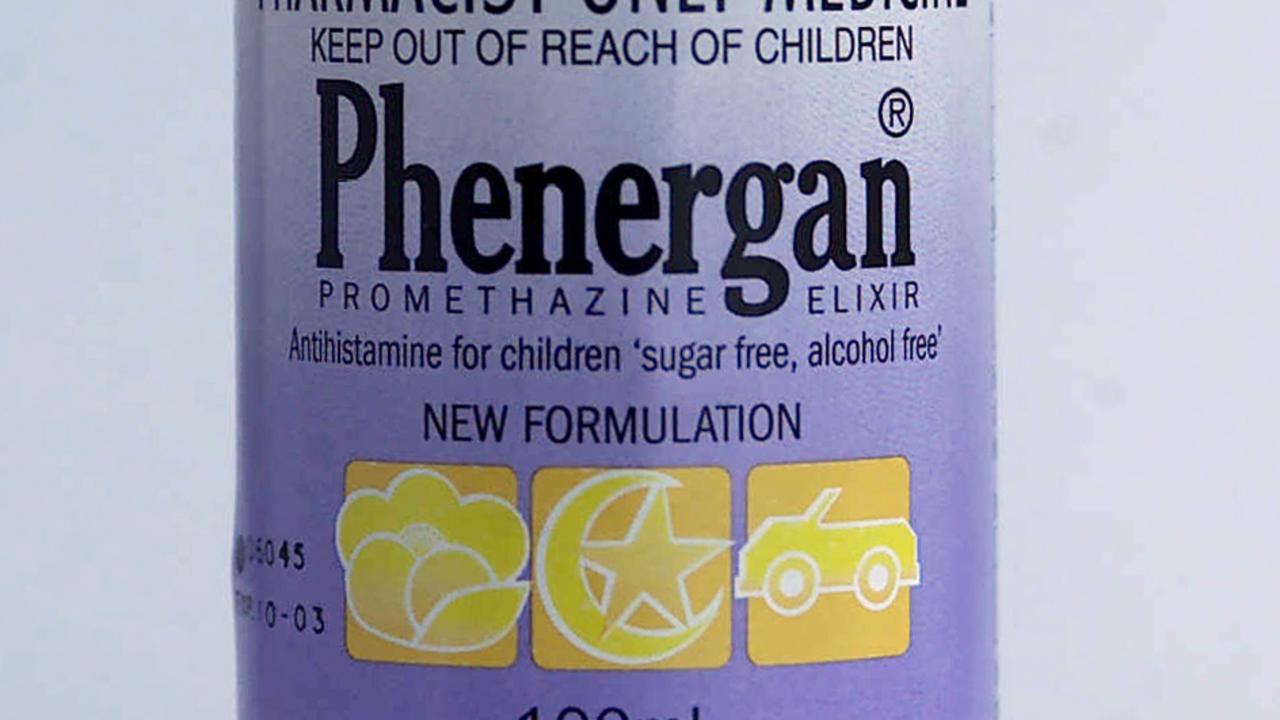Study finds Australian garlic kills Covid and flu with ‘99.9 per cent efficacy’
A world-first study reportedly shows certain Australian garlic varieties kill Covid and the flu with “99.9 per cent efficacy” - but not everyone agrees with the findings.
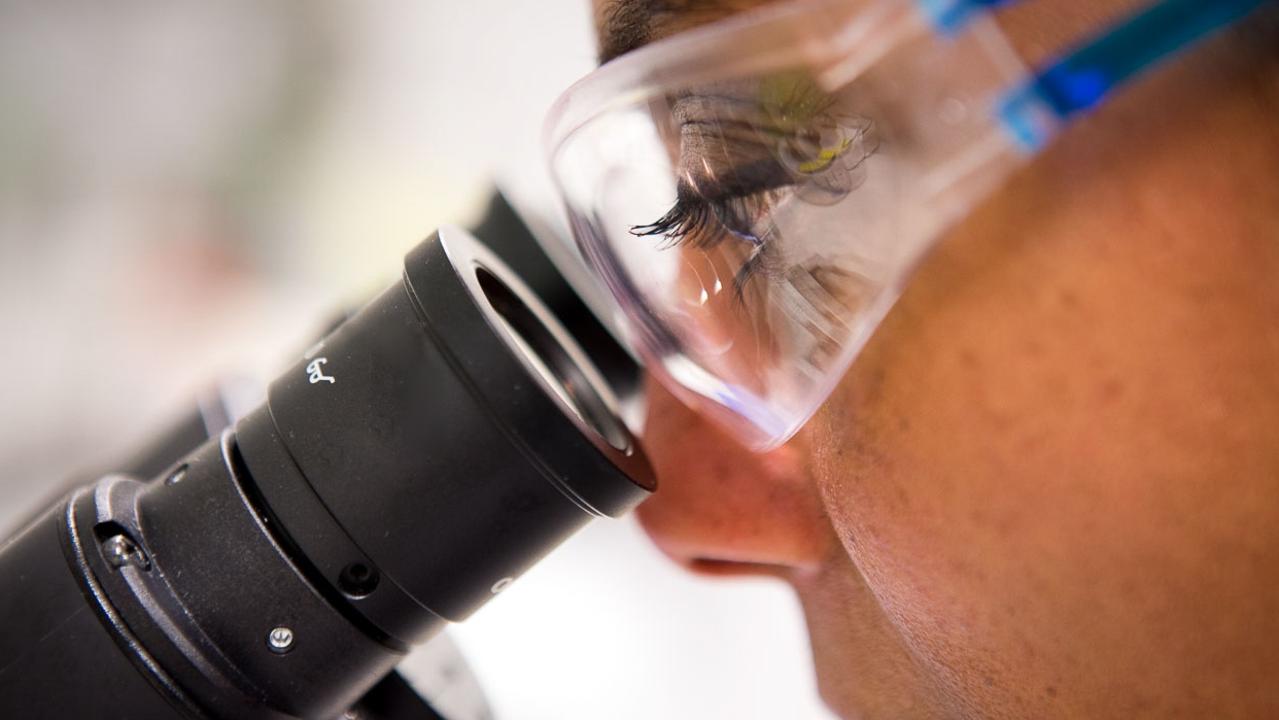
A world-first study which reportedly shows certain Australian garlic varieties kill Covid and the flu with “99.9 per cent efficacy” is yet to be officially published, while the industry body which commissioned the research has “not decided to release the detailed findings”.
Melbourne’s Doherty Institute on Wednesday revealed that it had discovered the potent antiviral properties of Australian-grown garlic after 18 months of in-vitro testing against the SARS-CoV-2 and Influenza type A viruses, using ingredients extracted from different garlic strains.
“We wanted to know if these strains had the possibility of killing Covid-19,” Dr Julie McAuley, manager of Doherty’s high containment facility Covid-19 research lab, told The Australian Financial Review.
“I thought it might fail miserably. We blindly tested over 20 varieties. We found one of AGP’s products could reduce the infectious titre of SARS-CoV-2 and influenza by 3-log-fold (99.9 per cent). We barely detected any remaining virus genome, indicating nearly complete virucidal activity.”
The research was commissioned the Australian Garlic Producers (AGP) organisation, which is now in the process of commercialising the most efficacious garlic varieties and their extracted proprietary garlic ingredient, with the novel garlic oil extraction process subject to a recently lodged international patent.
Some experts questioned the announcement. Health authorities had previously dismissed garlic as a Covid remedy during the pandemic.
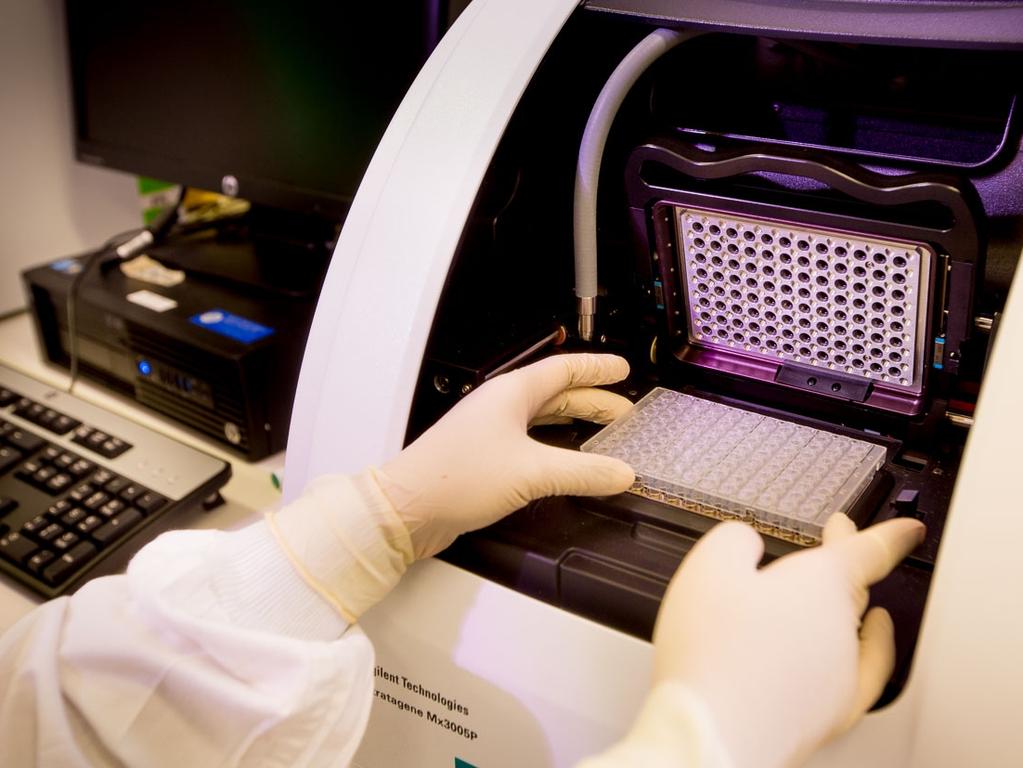
Findings questioned by experts
Australian National University infectious disease expert Professor Peter Collignon said he was sceptical of the findings.
“Garlic was also strongly advocated by some as a cure for HIV over 40 [years] ago. But didn’t work,” he wrote on Twitter.
“There will be chemicals in plants and nature that are active (e.g. penicillin and quinine). But it requires a lot of searching and then a lot of researching to find any. Plus chance of finding anything in just [one] plant e.g. garlic, is very low.”
Ironically, in a Covid “fact check” article from The Conversation republished on Doherty Institute’s website in March 2020, experts from University of Queensland, University of Melbourne, UNSW and ANU rubbished “home remedies” including garlic as a “myth”.
A useful thread. I love garlic but I’m not going to rely on it to keep me safe! https://t.co/FFqMOnJU84
— Chief Health Officer, Victoria (@VictorianCHO) February 2, 2020
“Many people have asked what they can do to ‘boost their immune system’ and there’s no shortage of quacks and scam artists happy to answer that question,” they wrote.
“Hot drinks with lemon and honey, vitamin supplements, foods with garlic and ginger, apple cider vinegar, gargling with salt water … none of these things has any impact on your immune response and won’t eliminate the virus. But if they make you feel calmer and healthier, they can’t hurt.”
Victoria’s chief health officer also previously mocked the garlic myth, sharing a “fact check” Twitter thread from the World Health Organisation in February 2020.
“A useful thread,” Brett Sutton wrote. “I love garlic but I’m not going to rely on it to keep me safe!”
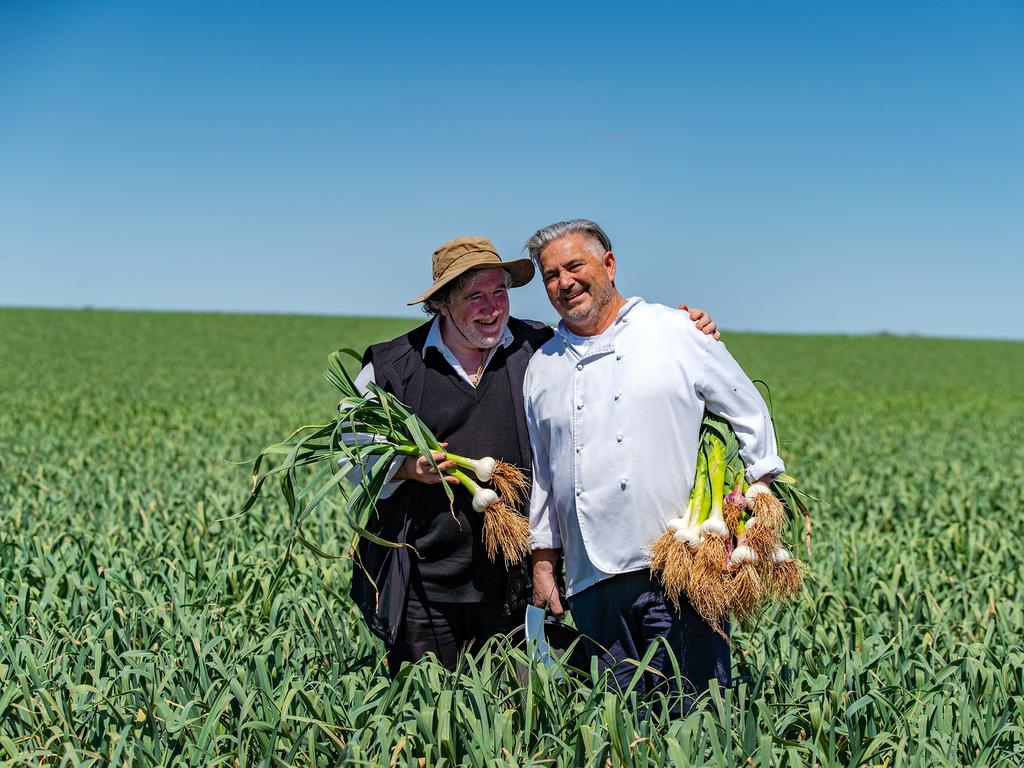
Extract to be sold in supermarkets
The Covid-busting garlic supplement will be sold in supermarkets and pharmacies in a soft capsule form similar to vitamin C or fish oil.
The findings were announced at a media event on Wednesday hosted by the Victorian Chamber of Commerce and Industry.
AGP chief executive Nick Diamantopoulos said in the press release that the results proved the long-held belief that garlic in general had superfood qualities, and also confirmed his belief that “not all garlic is created equal”.
“Over the past 25 years we have collected over 309 garlic cultivars from around the globe,” he said.
“Our extensive R&D over many years with leading Australian universities and institutions, has shown that garlic varieties not only vary in their agronomic and physiological properties, but also in their biochemical properties. This type of detailed analysis is the key reason that has led to the identification of unique and specific garlic varieties with superior properties.”
Doherty Institute business development director Dr Martin Elhay said, “Upon the onset of the Covid-19 pandemic, we at the Doherty Institute were committed to the global effort to combat the spread of SARS-CoV-2. To help do this, we provide services to test products like AGP’s.”
AGP harvests Australian-grown garlic across the Northern Territory, South Australia, New South Wales and Victoria.
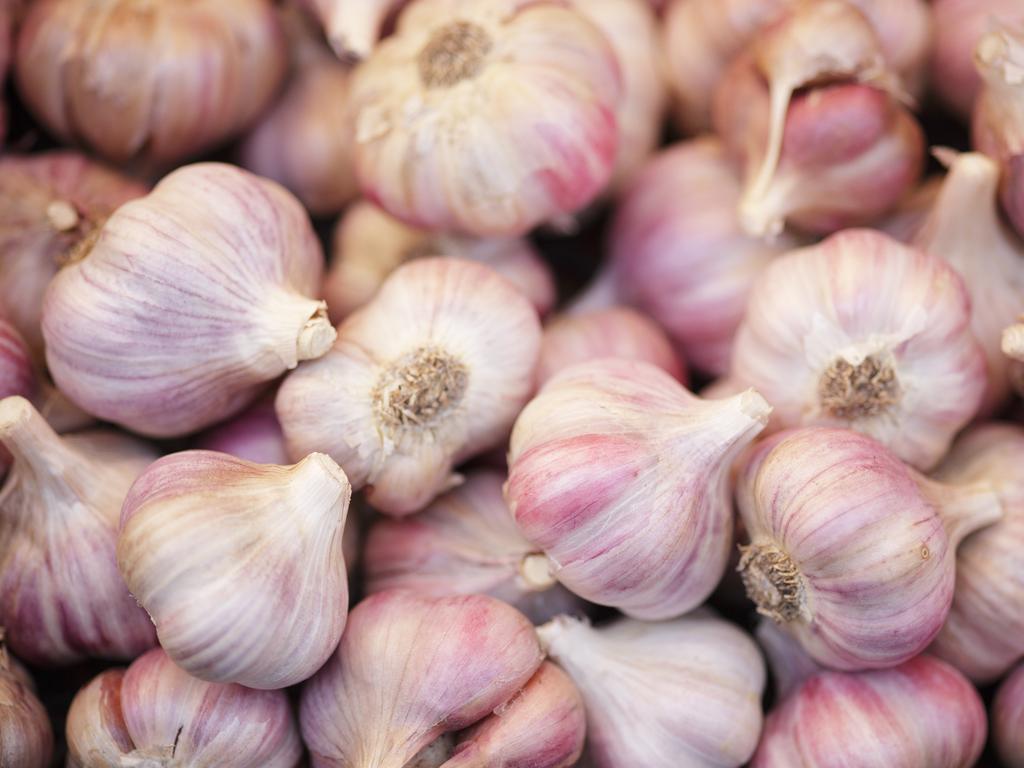
The next study will test specific garlic varieties believed to have cholesterol-lowering properties.
“The Victorian Chamber gladly advocates for continued investment into biomedical research and public health, two sectors that are critical to the growth and prosperity of Victoria and are part of our state’s most significant and productive industries,” Victorian Chamber CEO Paul Guerra said.
“This is the perfect example of how industry, business and our renowned research institutions can work together to deliver a global game changer. It is another innovative Victorian discovery and the Victorian Chamber is delighted to support our members to help propel this incredible product to the world.”
Asked for a copy of the study, a spokeswoman for Doherty Institute said on Wednesday the research had “not been published publicly yet”.
“The research was commissioned by the Australian Garlic Producers, and at this stage they have not decided to release the detailed findings,” she said, adding a piece would shortly be published on the institute’s website with the “overall information”.
AGP did not respond to a request for comment.




